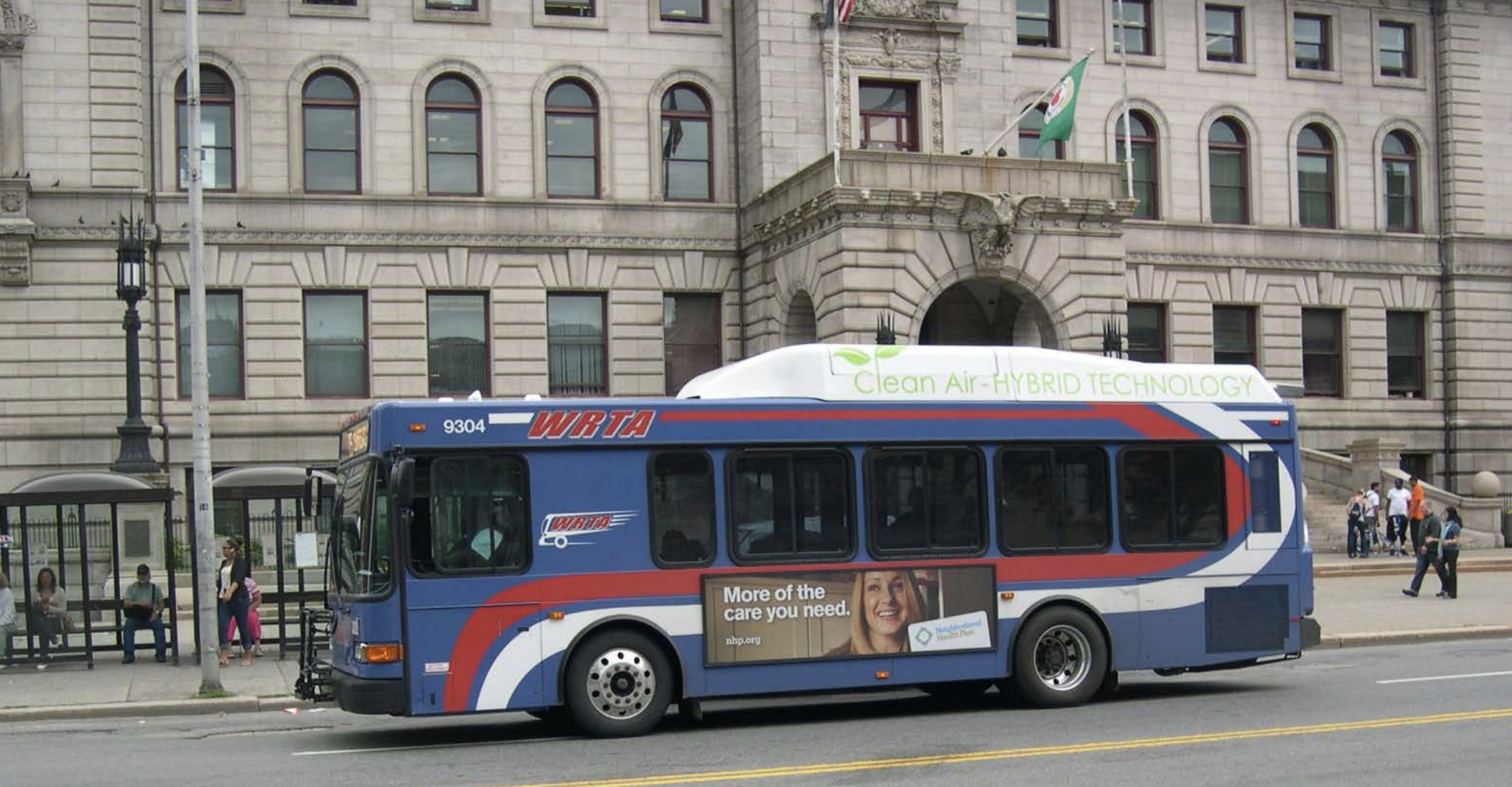While the MBTA reduced its services this week in response to the COVID-19 emergency, many of the Commonwealth's smaller Regional Transit Authorities have less flexibility in their schedules, and are scrambling to operate with reduced staff.
The state's fifteen Regional Transit Authorities (RTAs) operate transit services for the millions of Bay State residents who live outside of the MBTA’s fixed-route service area in greater Boston. Over the past decade, uncertain funding levels from state lawmakers have forced many of the RTAs to raise fares and cut service.
That means that while some agencies are following the MBTA's lead and reducing bus service this week in order to reduce their staffing levels and keep their workforce healthy, many RTAs simply don't have that much service that can be cut.
The state's biggest RTA, the Pioneer Valley Transit Authority, has cancelled several shuttle routes to the region's shuttered university campuses and announced earlier this week that its Springfield and Northampton bus routes would follow a "modified Saturday schedule" starting next Monday, March 23.
Similarly, the Brockton Area Transit Authority has started running its buses on a reduced "snow schedule," in which most local buses will arrive every 30 minutes for most of the day.
But for smaller RTAs, running buses every 30 minutes is the normal state of affairs – and many of their bus routes run even less frequently.
That gives the RTAs less flexibility to reduce their services without seriously impacting the ability of transit-dependent residents to get to their jobs or to access vital services.
As of Thursday, the Cape Cod Regional Transit Authority, the Lowell RTA, Worcester RTA, Franklin RTA, and the MetroWest RTA were still running buses more or less on their regular weekday schedules (although the MetroWest RTA had adjusted shuttle routes to commuter rail stops to synchronize with the MBTA's reduced commuter rail schedules). The Merrimack Valley RTA had reduced service on its commuter express routes into Boston, and cancelled Saturday service for this week only, but was otherwise running normally.
Dennis Lipka, the administrator of the Worcester RTA, said in a phone interview on Thursday that his agency was "committed to trying to maintain our current level of service."
"We thought it was important - even though we expected a decline in ridership - we wanted for the people who needed it to continue to be able get to their jobs, get to grocery stores, get to the hospitals," said Lipka.
Still, Lipka said that the COVID-19 emergency has already impacted his workforce, as about a dozen of his drivers have been forced to stay home to provide childcare or because of other medical conditions that put them at greater risk of COVID-19 exposure.
If he loses more drivers, Lipka says that he has a contingency plan to reduce his bus schedules to run once an hour on most routes.

